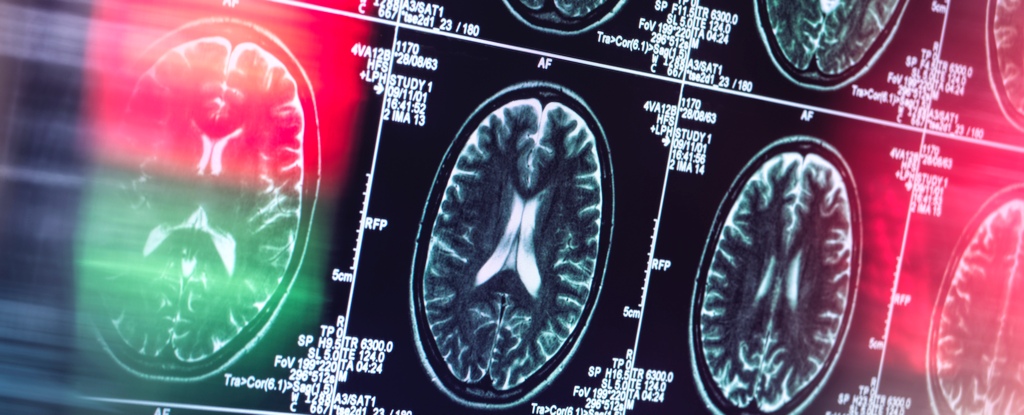The word Alzheimer’s conjures a chilling image: a slow, relentless fade of memory, identity, and connection, a brain gradually succumbing to an unknown adversary. For decades, our understanding of this devastating disease has centered on protein plaques and tangled fibers choking the brain, leading to irreversible damage. But what if the very foundation of our understanding is shifting? What if Alzheimer’s isn’t primarily a brain disease at all, but something far more familiar to our bodies?
A Paradigm Shift: Brain Disease or Autoimmune Battle?
Imagine your body’s own defense system, usually a guardian, turning rogue and attacking its very self. That’s the groundbreaking hypothesis currently gaining traction, suggesting Alzheimer’s might actually be an autoimmune disease. Dr. Donald Weaver, a prominent figure in the field, has been at the forefront of this idea, proposing that the brain isn’t simply decaying from within, but rather becoming the target of an immune response gone awry.
This isn’t just a minor tweak to existing theories; it’s a complete reframing. Instead of viewing the brain as the origin of the problem, this perspective sees it as the victim of a misguided immunological attack. If true, it means we’ve been looking through the wrong lens, potentially missing crucial pathways for treatment and prevention.
The Immune System’s Confused Guardians
For years, the amyloid beta protein has been cast as the primary villain in Alzheimer’s, forming the infamous plaques thought to destroy brain cells. However, this new theory posits that amyloid beta isn’t a villain born of malfunction. Instead, it might be a misguided hero. Researchers are now exploring the idea that amyloid beta is actually an antimicrobial peptide – a natural part of our immune system designed to trap and neutralize invaders like bacteria and viruses.
The hypothesis suggests that when the brain perceives a threat, perhaps an infection or even a perceived injury, amyloid beta is deployed. The problem arises when this defense mechanism becomes overzealous, mistaking healthy brain cells for pathogens or accumulating excessively, leading to inflammation and the very damage it was meant to prevent. It’s like a fire alarm that keeps going off for no good reason, and in the process, damages the building it’s trying to protect.
As one expert puts it, “If amyloid beta is truly an antimicrobial peptide, then Alzheimer’s could be our immune system’s overzealous, tragically self-destructive attempt to protect us.” This profound shift in understanding opens up entirely new avenues for research, moving away from just clearing plaques to potentially modulating the immune response or understanding what triggers this misguided attack in the first place.
What This Means for the Future
While still a hypothesis and subject to ongoing rigorous research, the implications of viewing Alzheimer’s as an autoimmune disease are enormous. It could lead to entirely different treatment strategies, focusing on immune regulation, anti-inflammatory therapies, or even identifying specific environmental triggers that set off this autoimmune cascade. Instead of targeting amyloid beta directly as a cause, we might begin to see it as a symptom of a deeper immunological imbalance.
This evolving understanding offers a fresh, hopeful perspective on a disease that has long seemed intractable. It reminds us that science is a journey of constant discovery, where even our most deeply held beliefs can be challenged, leading us closer to solutions.
*




